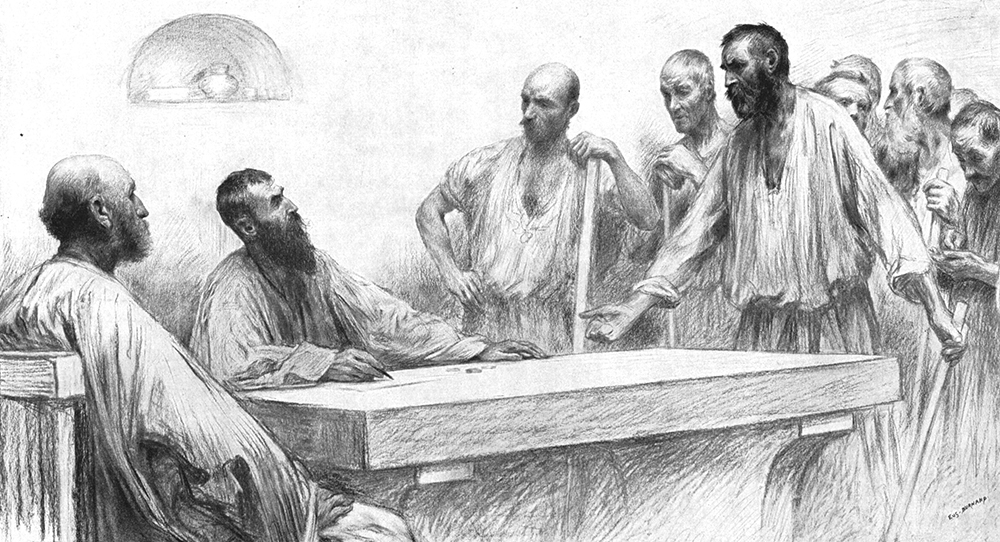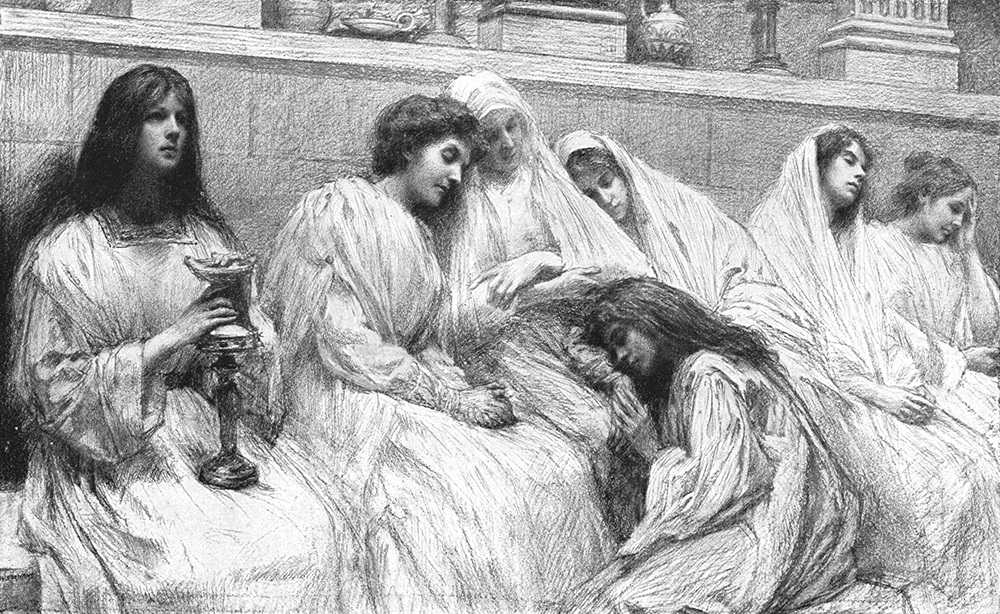The Purpose of the Parables
What is the purpose of parables? Jesus tells us in Matthew 15:12–15 that He speaks in parables to hide the secrets of the kingdom from some and reveal them to others (Matt. 13:12–15). This does not mean His parables are full of esoteric information that only a select few can grasp with their minds. Christ’s enemies often understand exactly what His parables mean (see 21:33–46); the problem is their refusal to trust His teaching about Himself and God’s kingdom. The difficulty the Pharisees have is moral and thus volitional, not intellectual. They choose not to believe our Savior’s words. Those who take up their cross gain more access to kingdom truth; those who reject Him lose whatever insight they had (13:12). Matthew Henry says parables make the things of God “more plain and easy” to those willing to be taught, and “at the same time more difficult and obscure to those who [are] willfully ignorant.” The word parable is a transliteration of the Greek word “parabole” (para-bow-LAY), and comes from two Greek words, “para” (translated “beside”) and “ballein” (translated “to throw”). Literally, the word parable means “to throw beside,” or “to place beside, or to place together for the purpose of comparing, or making a comparison.” They can usually be identified by the use of the word “like,” as in Jesus’ statement, “The kingdom of heaven is like a mustard seed,” or “The kingdom of heaven is like leaven” (Matthew 13:31, 33). In these examples, Jesus was comparing the kingdom of heaven to the attributes or characteristics of a mustard seed and to leaven (yeast). Some have defined the word parable as “a story by which something real in life is used as a means of presenting a moral thought.” Others have said a parable “puts the known next to the unknown so that we may learn.” They are usually a story or a narrative taken from nature or from everyday human experiences. Perhaps the most simple definition of all is that a parable is an earthly story with a heavenly meaning. In the Parable of the Talents, the Master has generously given his servants tremendous gifts before he goes on a journey. Their response to the gift is a reflection of their attitude toward their Master and to life in general. Are they excited, filled with dreams and grateful for the gift, or are they fearful, living with the constant threat of punishment, rejecting the gift and hiding it way. The good servants are excited to show their Master what they have done, excited to see his pleasure and to return what was entrusted to them. Their positive response comes from their recognition they have been trusted by the Master and take confidence in that trust. The bad servant believes the Master to be hard, condemning and judgmental. Living in fear, he hides his gift, never accepting the trust the Master has in him. It is interesting that at the end of the parable, the Master takes the one talent from the servant who didn't want it, and gives it to the one who has abundance. It shows that the Master doesn't take the talents back, but intends for the grateful servants to keep what they have been entrusted with. The Master and the servant are in a deeper, more trust-filled relationship. So, What talents have you been ENTRUSTED with? Are you using them to please the Giver or avoid risk? How can your RISK more and find more joy in the process? Listen to the following podcast as we discuss these issues. Sermon Notes 05.04.14 Parable of the Talents Worship Slides 05.04.14 Parable of the Talents“Truly, I say to you, many prophets and righteous people longed to see what you see, and did not see it, and to hear what you hear, and did not hear it.” (v. 17). - Matthew 13:12–17
Email Subscription:





